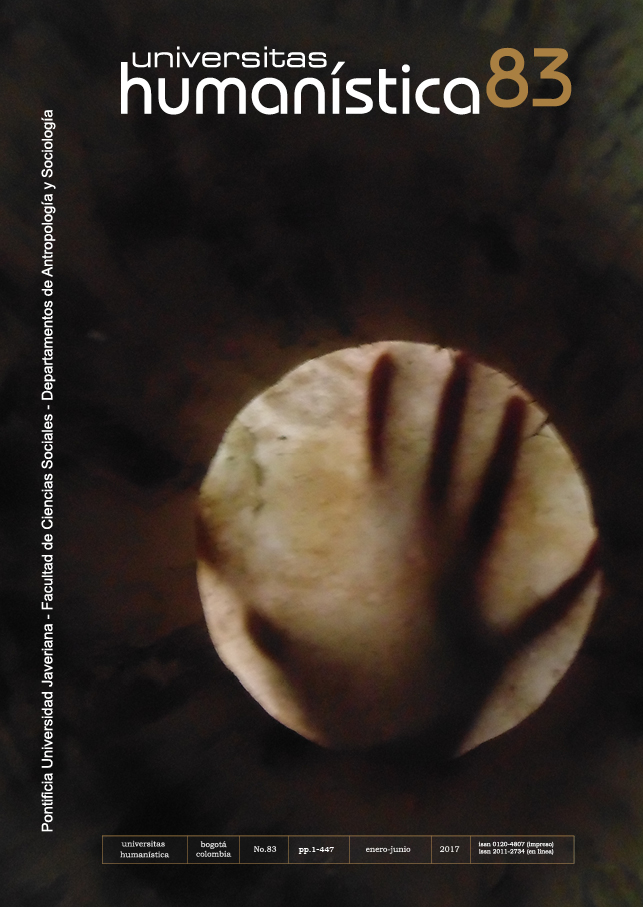Abstract
This paper is based on a qualitative research on subjective training processes in digital social networks. It starts with a fundamental philosophical question: human training in the midst of a highly technological world. The first part briefly explains the conceptual framework from the training-teaching-writing(s) relationship, social studies of science and technology and of material culture, that allow us to speak of the “time of posthumanism.” The second part describes the co-training mechanisms in the new forms of social interaction through technology platforms in the social network Facebook: programmability, popularity, connectivity, and datification, where the agency of humans and non-humans is at stake and where paradoxical informal processes of individual and collective training occur. This new condition leads, in the third part, to revisit the notion of training as a craft in the time of posthumanism.

This journal provides immediate open access to its content on the principle that making research freely available to the public, encourages greater global exchange of knowledge.
The journal Universitas Humanística is registered under a Creative Commons Attribution 4.0 International Public License. Thus, this work may be reproduced, distributed, and publicly shared in digital format, as long as the names of the authors and Pontificia Universidad Javeriana are acknowledged. Others are allowed to quote, adapt, transform, auto-archive, republish, and create based on this material, for any purpose (even commercial ones), provided the authorship is duly acknowledged, a link to the original work is provided, and it is specified if changes have been made. Pontificia Universidad Javeriana does not hold the rights of published works and the authors are solely responsible for the contents of their works; they keep the moral, intellectual, privacy, and publicity rights.
Approving the intervention of the work (review, copy-editing, translation, layout) and the following outreach, are granted through an use license and not through an assignment of rights. This means the journal and Pontificia Universidad Javeriana cannot be held responsible for any ethical malpractice by the authors. As a consequence of the protection granted by the use license, the journal is not required to publish recantations or modify information already published, unless the errata stems from the editorial management process. Publishing contents in this journal does not generate royalties for contributors.


